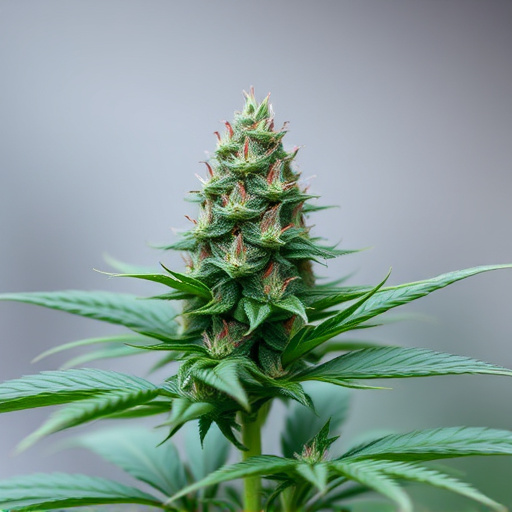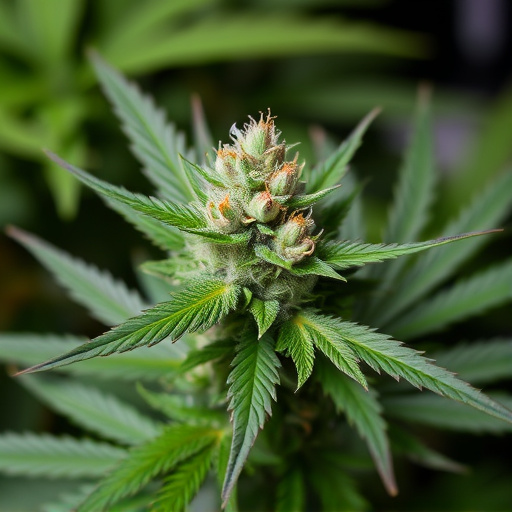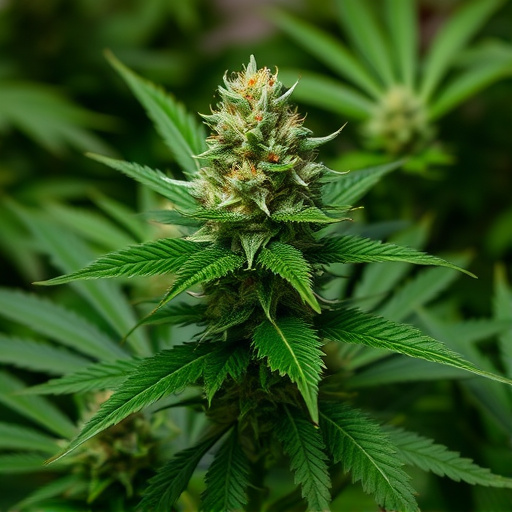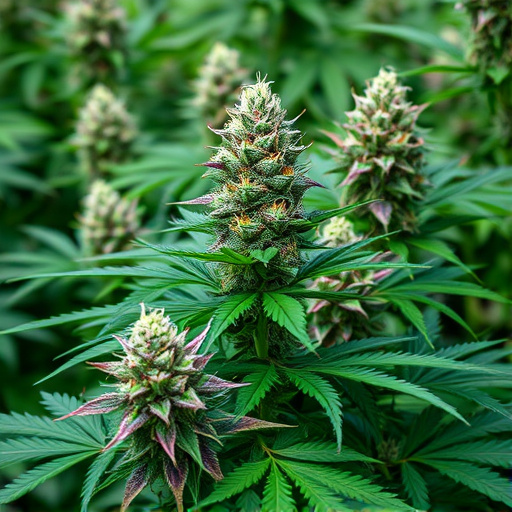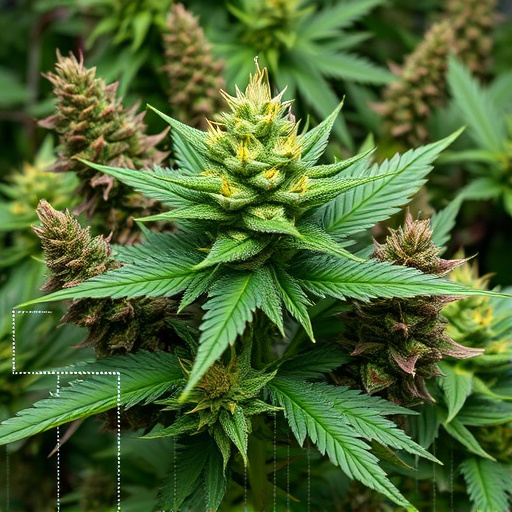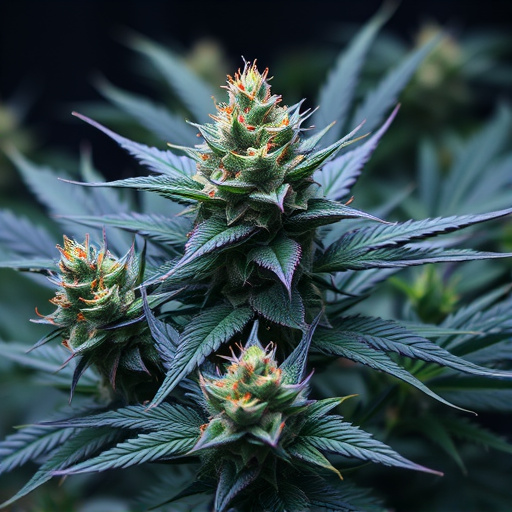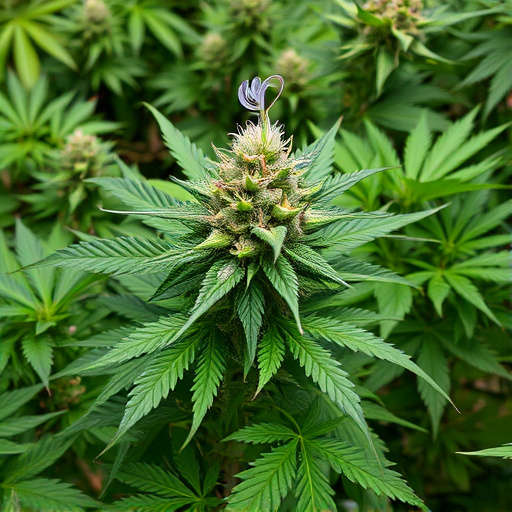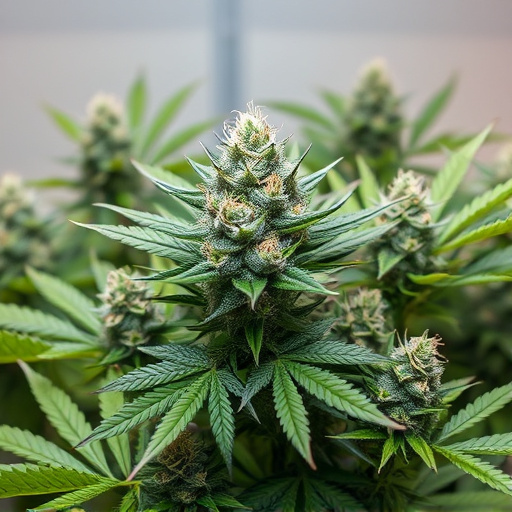While rare, cannabis overdoses pose risks for medical cannabis users. Symptoms vary based on individual factors and strain properties, with anxiety, paranoia, and hallucinations potential outcomes. Overdoses often result from high-potency strains or combining cannabis with other substances. Prevention involves understanding cannabinoid profiles, choosing low to moderate THC content, and enriching strains with terpenes. Recovery requires safety, hydration, light activity, breathing techniques, and mindfulness until symptoms dissipate. Educating oneself about these nuances is key to safe medical cannabis consumption.
“Cannabis, while legalizing across many regions, can lead to overexposure, resulting in unpleasant and even dangerous ‘overdose’ symptoms. Understanding how these overdoses occur and recognizing their varied effects is crucial for anyone using medical cannabis. This article guides you through the process of recovering from a cannabis overdose, detailing common symptoms, underlying causes, and practical strategies for alleviation. Additionally, it explores the role of choosing the right medical cannabis strains in preventing future incidents.”
- Understanding Cannabis Overdoses: Symptoms and Causes
- Strategies for Recovery: Managing Unpleasant Effects
- Preventing Future Incidents: Choosing the Right Medical Cannabis Strains
Understanding Cannabis Overdoses: Symptoms and Causes
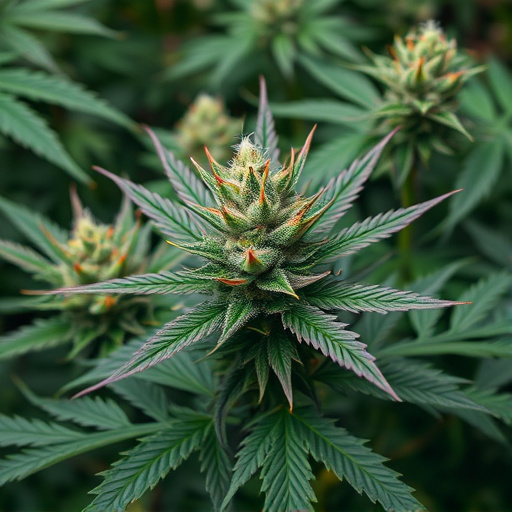
Cannabis overdoses, while less common than overdoses on other substances, can occur and understanding them is crucial for anyone using medical cannabis strains. The symptoms of a cannabis overdose can vary widely due to individual tolerance levels, the potency of the strain consumed, and whether THC or CBD (or both) are present in high concentrations. Users may experience extreme anxiety, paranoia, rapid heartbeat, panic attacks, dizziness, nausea, and even hallucinations. In some cases, overdoses can lead to temporary psychotic episodes or severe disorientation.
Causes of cannabis overdose often involve consuming significantly more than one’s tolerance allows, especially with highly potent medical cannabis strains. Edibles, due to their delayed onset of effects, are particularly risky as users might consume a larger dose than intended thinking the effect hasn’t yet kicked in. It’s also important to note that combining cannabis with other substances can amplify its effects and lead to an overdose. Recognizing these risks is vital for preventing cannabis-related health issues.
Strategies for Recovery: Managing Unpleasant Effects
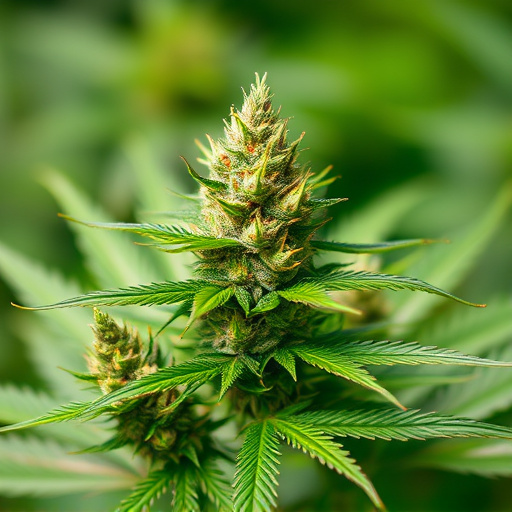
Recovering from a cannabis overdose involves managing unpleasant effects that can range from discomfort to anxiety and paranoia. The first step is to ensure safety, moving to a comfortable, quiet space if possible. Hydration is key; drinking plenty of water can help dilute THC levels in the system. Physical activity, such as walking or light stretching, can also aid in eliminating excess THC.
For those who consumed edible medical cannabis strains, effects may take longer to manifest and last for several hours. In such cases, patience is crucial. Techniques like deep breathing exercises, meditation, or listening to calming music can help alleviate anxiety and promote relaxation. Staying present and focusing on non-distressing sensations or thoughts can be beneficial in navigating through the ordeal.
Preventing Future Incidents: Choosing the Right Medical Cannabis Strains
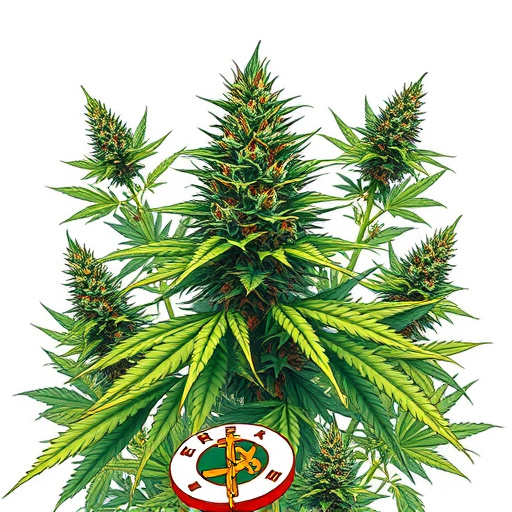
When considering prevention, understanding the role of medical cannabis strains is key. Different strains have distinct cannabinoid profiles, with THC (tetrahydrocannabinol) and CBD (cannabidiol) being the primary compounds of interest. High-THC strains can induce intense psychoactivity, increasing the risk of an overdose. Opting for low to moderate THC content alongside higher CBD levels is advisable as CBD has been shown to counteract the anxiety and paranoia often associated with THC.
Choosing medical cannabis strains enriched with terpenes, natural compounds that contribute to aroma and flavor, can also be beneficial. Terpenes like myrcene, known for its sedative properties, or limonene, with its uplifting effects, can influence the overall experience. Educating yourself on these nuances allows for a more controlled and safe consumption environment, helping to prevent future incidents.
A cannabis overdose can be an uncomfortable experience, but with the right approach, recovery is achievable. By understanding the symptoms and causes, individuals can promptly take action to alleviate discomfort. The article has outlined effective strategies for managing the after-effects, emphasizing the importance of rest and hydration. Moreover, it has highlighted the role of medical cannabis strains in preventing future incidents by offering tailored treatments. Choosing the right strain based on individual needs can significantly reduce the risk of overdose and promote overall well-being. Remember, awareness and a proactive mindset are key to navigating and overcoming cannabis-related challenges.

